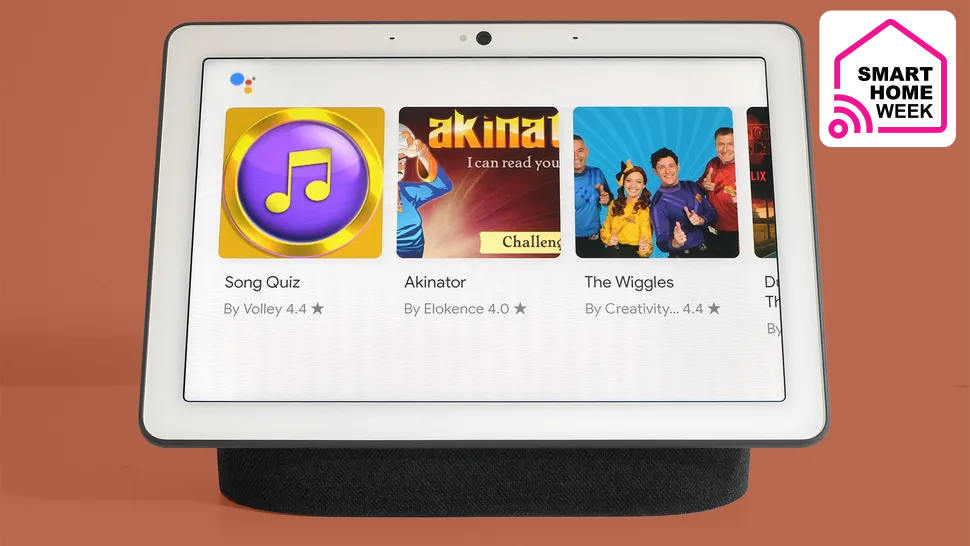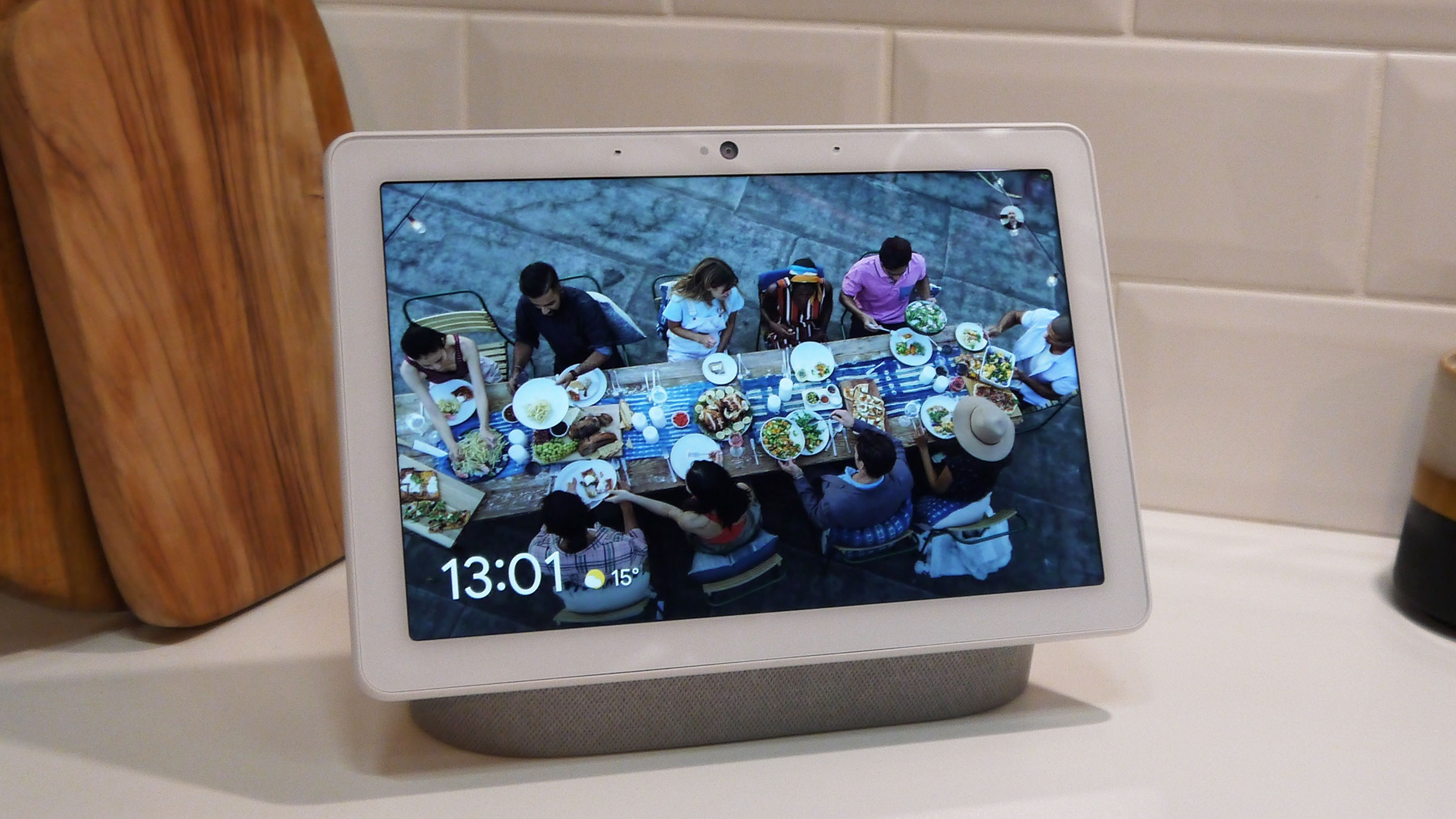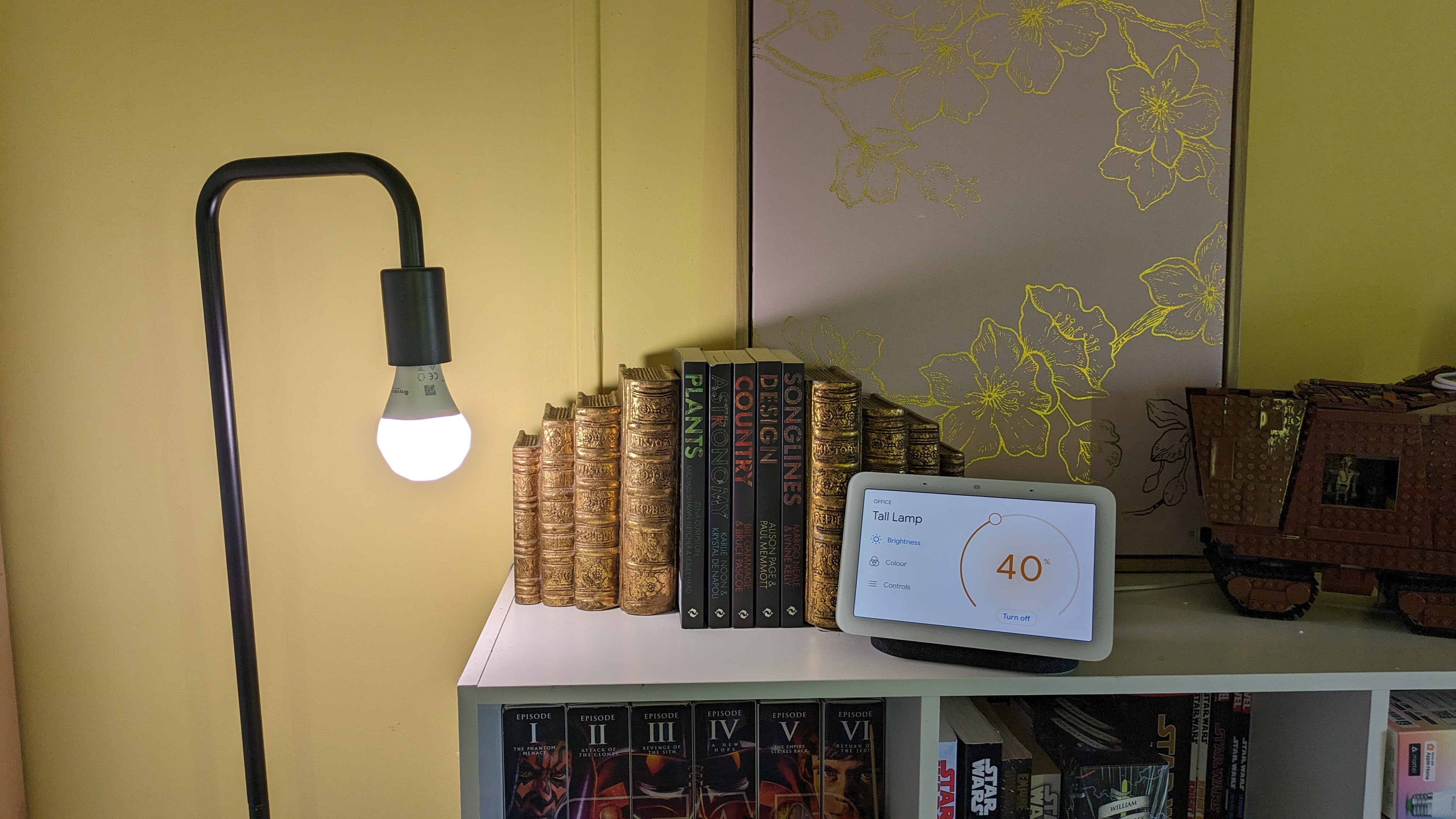
This is article is part of TechRadar's Smart Home Week 2024, where we're giving you all the latest news, tips and tricks to help you make the smart home of your dreams.
Let’s be frank: it’s been a woefully long time since Google has put any love into its smart home ecosystem - three years, to be precise.
In 2021, the brand released the Google Nest Hub (2nd gen), which was the final and slightly underwhelming act in a three-year flurry of new smart speakers and smart displays from the tech giant. Ever since, Google has been more take-than-give with its smart home offering (and indeed has gutted many of its other properties such as Fitbit), removing many well-loved features and earning the ire of many Nest Hub fans.
However, with recent news of a new FCC filing hinting towards a new Google Home device, there could finally be some Nest Hub-shaped light at the end of the tunnel… or a new, iteratively updated Nest Thermostat, given our biggest clue is the Soli radar tech included in the filing.
I couldn’t be more excited at the prospect. We’ve been waiting a long time for a next-generation smart display from Google, and especially since Amazon entered the fray with its Echo Hub, it’s felt like it must be just a matter of time. However, if this rumor is not the next Nest Hub, I’m just about ready to give up on Google Home.
(Don’t) Stick to the status quo

It’s not like Google has totally abandoned its smart home endeavors in recent years. The company played a major role in the foundation of Matter, and we’ve seen news like LG TVs becoming Matter-compatible Google Home hubs that show the tech giant is still interested in the space.
Really, the lack of new Nest Hub and Nest Audio devices speaks to Google’s software focus in recent years. Obviously, it’s been working hard on Google Gemini and Bard before it, which undoubtedly will play a huge role in the future of Google Assistant, but there have been some pretty big smart home-specific moves from the brand in recent months.
It released two new APIs, Device and Structure API and the Automation API, to facilitate developers making new smart home experiences. Google also introduced new widgets for Google Home, and announced they are working on new features like an offline mode.
While it’s an important and highly necessary part of product development to nail the software and features, Google lost a fair bit of goodwill in recent years with its treatment of existing Google Nest Hub owners. These new announcements followed a fairly dire 2023 for software in Google’s hubs, with more features being removed than added, including the popular and currently free Sleep Sensing feature being punted into Fitbit premium, in the future dropping support for some Zoom and Meet features and also chopping a host of Google Assistant voice apps and Dropcam support.
I've gotta go my own way

So, why does all of this bother me to the point I might give Google Home the boot? Quite simply, it’s a matter of pace.
Yes, the smart home has been fairly nascent for a long time, but the last few years have seen some major steps forward thanks to AI and Matter. The near future is especially exciting as these two technologies combine to create a truly smart and interoperable smart home.
However, while other brands like Amazon have moved at breakneck speed to try out as many different approaches to smart home speakers and devices in both its software and hardware, and the likes of Apple test the water with their own rumored smart display, Google has basically rested on pretty.
For some users, or at least according to Reddit users, software on even Google’s newest hubs has deteriorated, and many suspect that the company’s focus on LLMs means older device hardware might become redundant anyway once Google Assistant gets permanently replaced by Gemini.
It’s a pattern we have unfortunately seen from Google before, hence the prolific Google Graveyard, but one that I just don’t feel its Nest Hub and Audio devices deserve. For a long time, Google’s screen-based devices almost exclusively held the smart display market and developed a thriving community of smart home enthusiasts who felt Google’s open-source approach, customizability, and connectivity features aligned with their needs, or even just believed in Google’s vision for smart home.
Despite currently running an Alexa-based household, I’m actually one of those believers; I’ve been waiting for two years to try and switch ecosystems after a failed stint at running an Apple-based smart home, but I wanted to see the next-generation hardware first, given how little changed between the first and second-generation Nest hubs.
I’m getting tired of waiting, though, and just like in the mobile phone market, choosing a specific smart home ecosystem can be a pretty big decision if you’re planning to deck out your home with compatible devices, even with Matter lightening the load of connected device compatibility.







